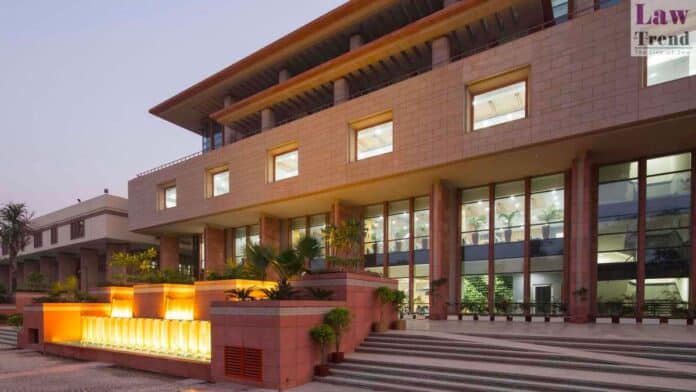The High Court of Delhi has ruled that the action of the Government of NCT of Delhi (GNCTD) in denying Child Care Leave (CCL) to a teacher citing administrative inconvenience, while simultaneously sanctioning her Extraordinary Leave (EOL) for the same period, is “arbitrary and discriminatory.” A Division Bench comprising. Justice Navin Chawla and Justice Madhu
To Read More Please Subscribe to VIP Membership for Unlimited Access to All the Articles, Download Available Copies of Judgments/Order, Acess to Central/State Bare Acts, Advertisement Free Content, Access to More than 4000 Legal Drafts( Readymade Editable Formats of Suits, Petitions, Writs, Legal Notices, Divorce Petitions, 138 Notices, Bail Applications etc.) in Hindi and English.




